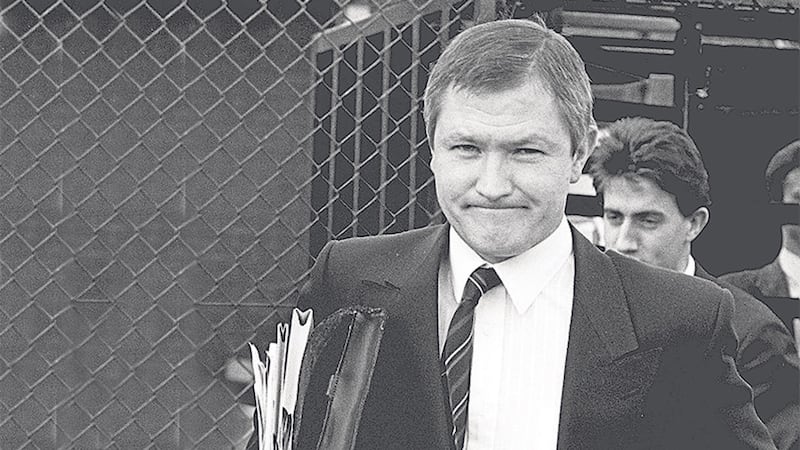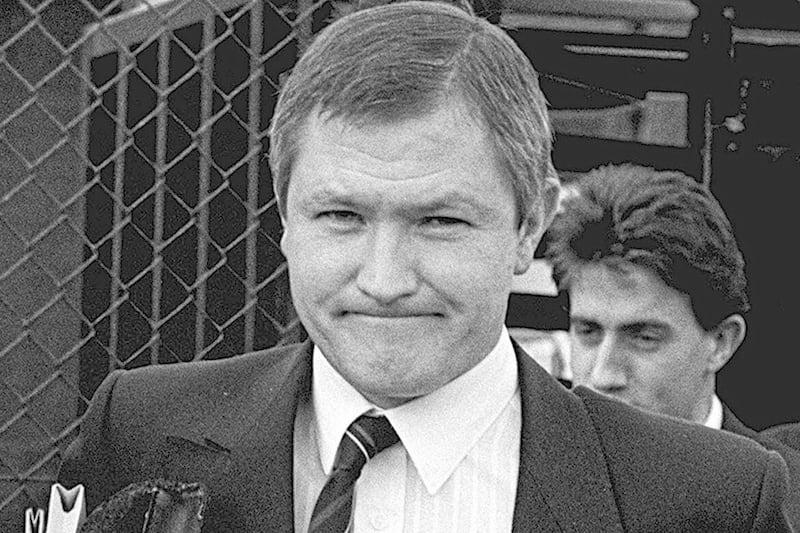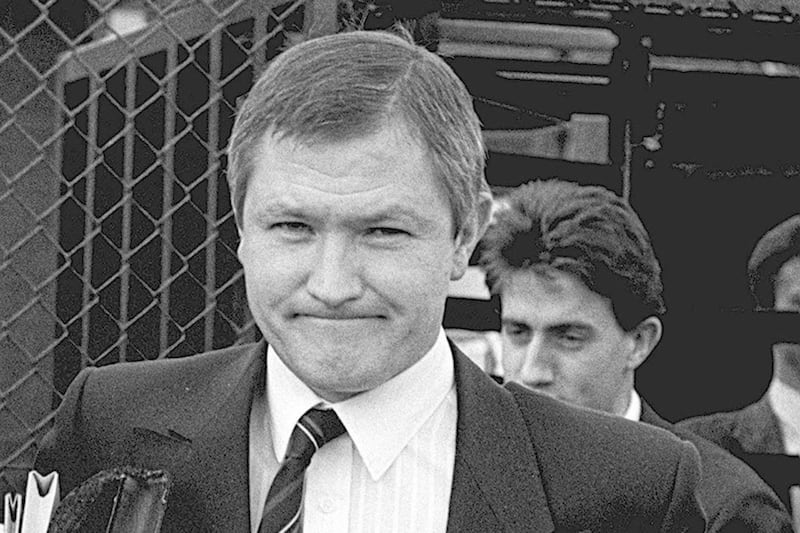A LAWYER murdered by loyalist paramilitaries with the collusion of the state left a physical legacy for protecting human rights in Northern Ireland, a senior judge has said.
Pat Finucane (40) was shot at his north Belfast home in front of his wife and children by a UDA gang on February 12 1989.
British prime minister David Cameron has accepted there was collusion with the killers in the action of British state agencies ahead of the murder and apologised.
Speaking at an event marking the 25th anniversary of the killing yesterday Mr Justice Seamus Treacy said Mr Finucane "rolled up his sleeves and got stuck into the problem using the law as a weapon and a shield until even the rule of law ran out for Pat".
Mr Finucane, a well-known criminal defence and civil rights solicitor who represented high-profile IRA men, including hunger striker Bobby Sands, was shot 14 times in a killing which shocked the legal world.
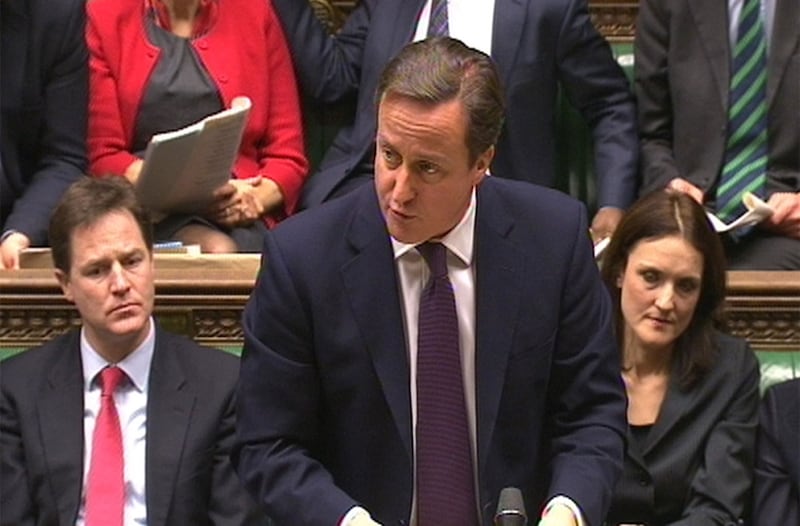
Mr Justice Treacy told a Belfast audience his friend's many legal battles against security force mistreatment of interviewees and forcing army and police officers to account for their actions left a "living legacy".
"As I look back from the vantage point of a quarter century's experience, beyond that which was allowed to Pat, I feel that he left us a physical legacy of judgments but also an example to others of how to approach the establishment and effective protection of human rights," he said.
"Those judgments... enshrine principles of law that continue to be referred to and applied on a daily basis in this jurisdiction, throughout the UK and throughout europe."
Mr Finucane's family have led a campaign for a full independent public inquiry into his death, promised by Britain's former labour government following a damning probe by a Canadian judge which concluded that the state colluded in the murder.
But they had to settle for a review which did not cross-examine witnesses, carried out by Sir Desmond de Silva QC for Mr Cameron.
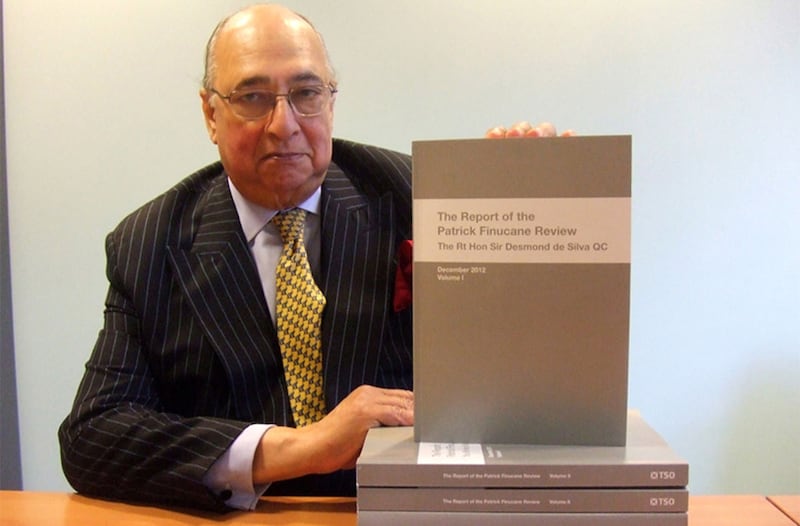
It said Mr Finucane might still be alive but for the actions of British state agencies like the RUC, the British army and secret service MI5.
Sir Desmond found there was no "overarching" British state conspiracy to murder Mr Finucane.
Mr Justice Treacy said he could not comment on calls for a public inquiry because a judicial review was scheduled to come before the courts this year.
He was a colleague of Mr Finucane, an aspiring barrister at a time when the solicitor was building up his legal practice.
He recalled a general carefree attitude among lawyers in the 1980s, personified in his colleague who was "oblivious" to the threat.
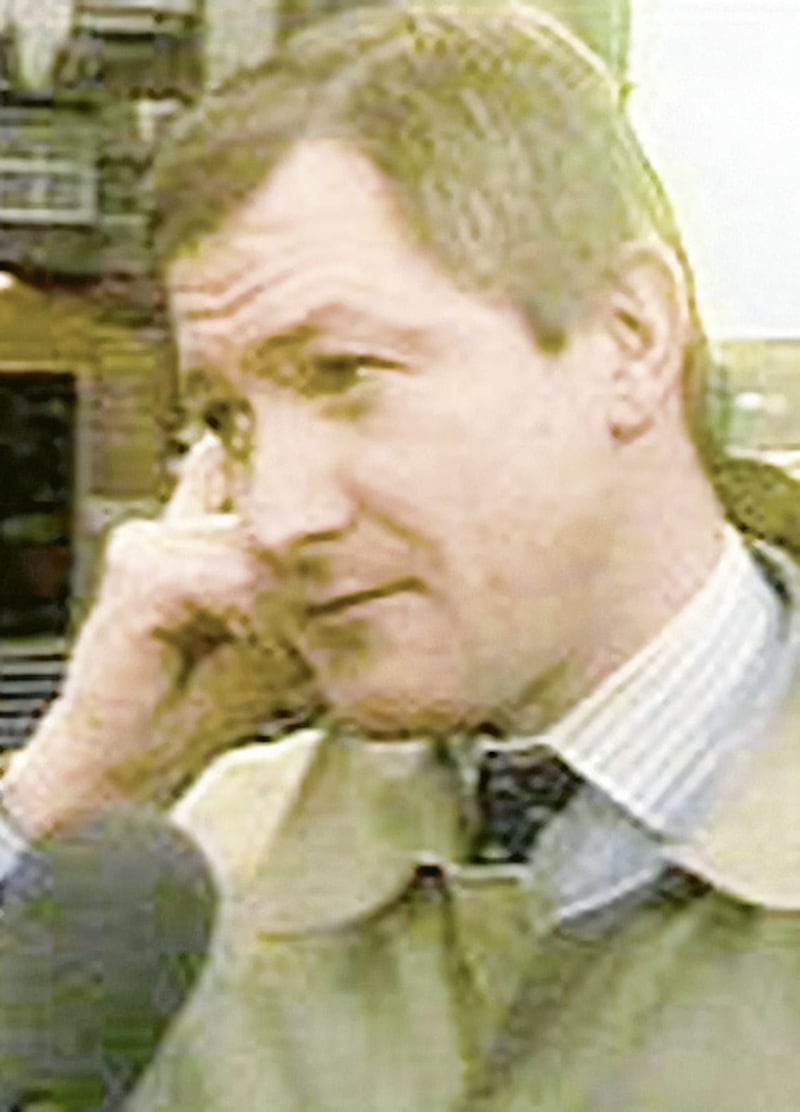
Shortly before he died, Mr Finucane won a landmark judgment in 1988 that ill treatment by interviewing police officers rendered the detention unlawful.
He also was associated with an appeal Court judgment on the death of Ira man Gervaise McKerr compelling police officers and soldiers to account for the circumstances in which people were shot and killed during inquests into the deaths, two months before his own death.
That judgment was challenged by the UK's highest court, the House of lords and further appealed to the european Court of Human rights, a case which McKerr's family won and found that the government had a responsibility to protect life.
"His example shows us how to set about the job, the job was the same in his time and these times. It is a struggle to achieve justice for those whose lives are at risk," Mr Justice Treacy said. Amnesty International has said the British government's refusal to hold an independent inquiry into the murder 25 years ago was cruel and sinister.
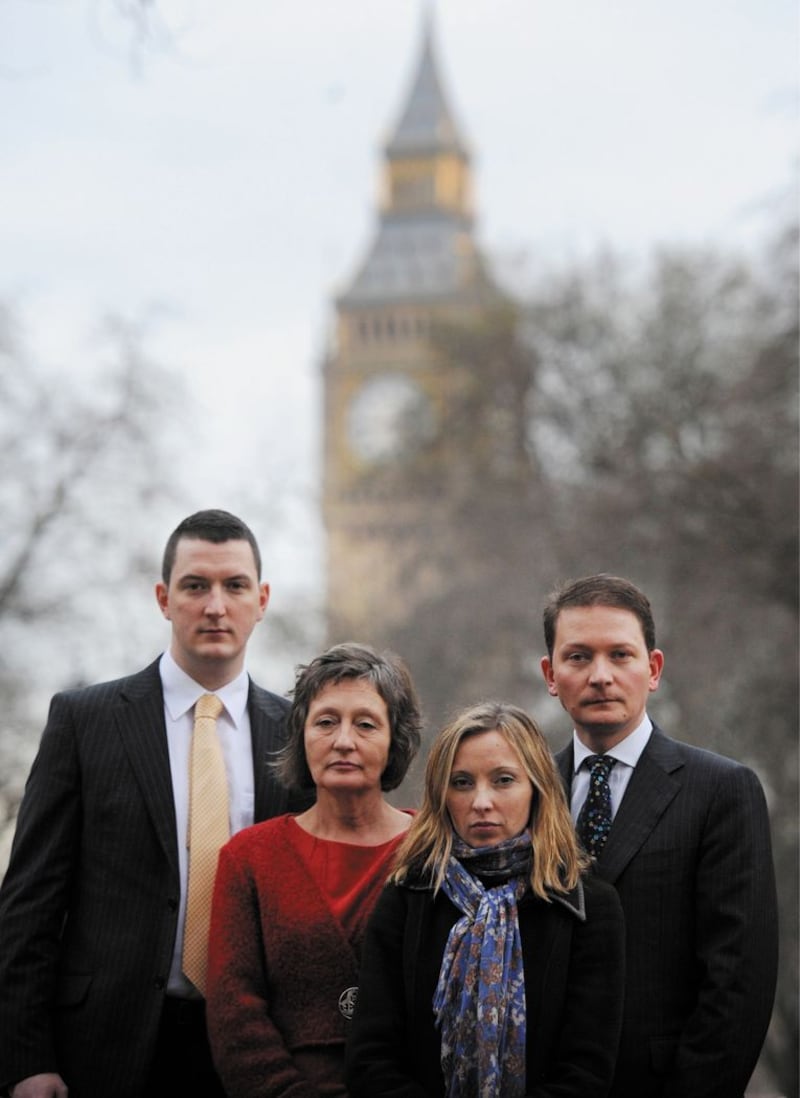
Mr Finucane's son, John, also a lawyer, said the full truth and circumstances surrounding his father's murder had yet to be revealed.
"The past remains a divisive and caustic issue in our society today. The British government have added to this deep sense of mistrust when they continue to renege on their promise to enact a full public inquiry into his killing," he said.
"we continue to feel the deep personal loss even after 25 years, yet we remain convinced the best way to honour what my father stood for in life, and in death, is to continue our campaign for truth and justice."
Brian Gormley, director of the Committee on the administration of Justice lobby group which co-hosted the event at Queen's University Belfast yesterday, said unless the legacy of the past was dealt with there was a risk of another future conflict.
